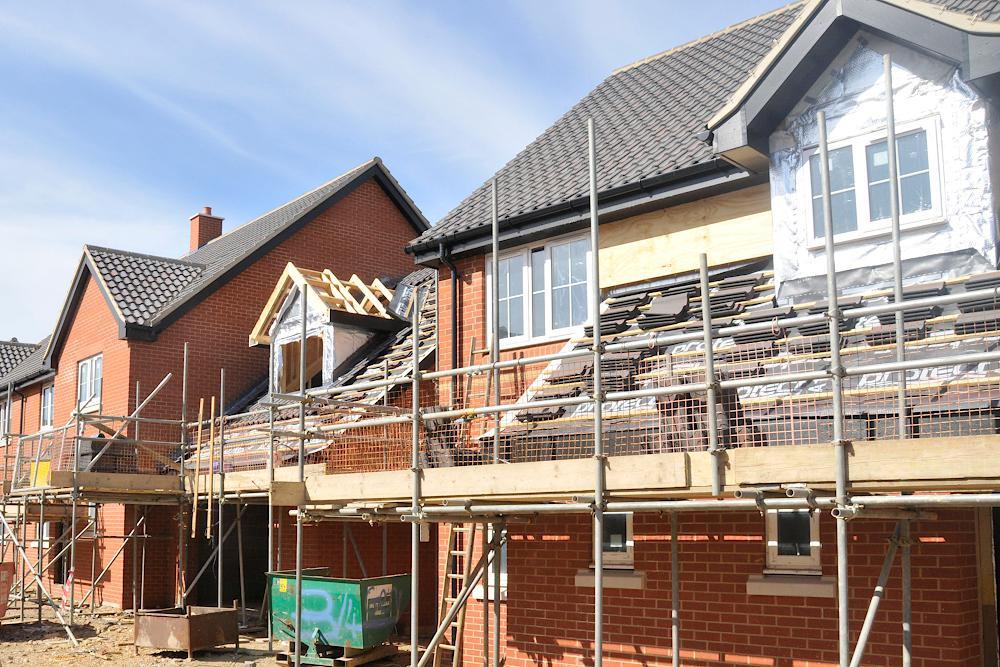
The Isle of Wight has only achieved 54 per cent of its housebuilding target over the past three years — leaving it vulnerable to unwanted development.
Its poor record, which left it close to the bottom of the national table, means there is a presumption of approval to applications for schemes within the National Planning Policy Framework.
Between 2017 and 2020, 1,823 homes should have been built to meet government-set targets but only 978 were delivered.
Across the Solent, Southampton achieved 129 per cent against its target but Portsmouth only reached 80 per cent.
Only 17 areas in the country had worse housing levels than the Island, all falling below the thresholds which means their planning authorities are subject to the strongest sanctions.
Planning policies the council use for the delivery of new homes can now be viewed as out of date so when determining the applications. The planning authority may, in some cases, have to rely on national ones instead.
Due to the presumption, this argument is used by planning agents when stating why their schemes should be approved.
It does not automatically mean, however, the application will be approved but that it should only be rejected if significant and demonstrable harm would outweigh the benefits.
The council is under further sanctions because it cannot demonstrate the number of homes permitted and expected to be built in a five year period — despite the number of already-approved developments.
Speaking at the March meeting of the planning committee, Cllr Richard Hollis listed developments including Harcourt Sands, Pennyfeathers and Rosemary Vineyard in Ryde, and Place Road in Cowes, all with planning permission, some yet to be built.
He said adding up the developments, he did not believe that figure failed governments targets.
An Isle of Wight Council spokesperson said recent court cases have helped the planning authority consider how the presumption is applied to applications.
While policies may be out of date they potentially remain relevant and should be considered when passing judgement.
They said the council will continue the Island Plan Core Strategy while the next-generation Island Planning Strategy (IPS) is being finalised.
“The IPS provides the opportunity to ‘reset’ our approach towards providing new homes on the Island,” the spokesperson said.
To help build the next IPS, people have been asked to identify brownfield, or previously developed land, that could be potential development sites.
By Louise Hill, Local Democracy Reporter


 Police Teams Head To Ryde Hostel As Ongoing Investigations Gather Momentum
Police Teams Head To Ryde Hostel As Ongoing Investigations Gather Momentum
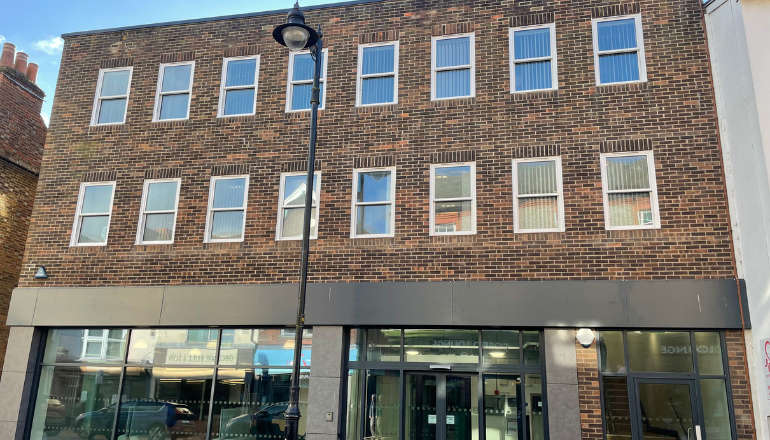 New High Street Health And Wellbeing Centre To Open In Newport
New High Street Health And Wellbeing Centre To Open In Newport
 Cowes Library Set To Undergo Building Works To Improve Accessibility
Cowes Library Set To Undergo Building Works To Improve Accessibility
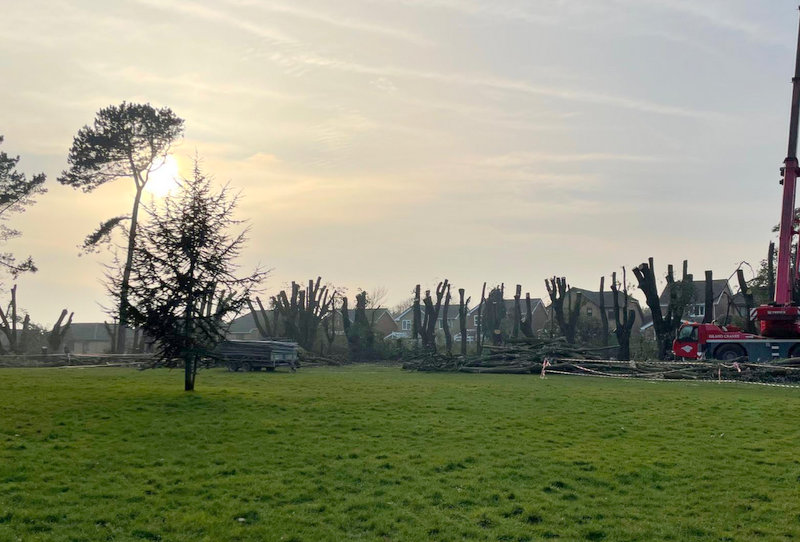 Isle Of Wight Park Could Be Upgraded As Part Of Council Works Scheme
Isle Of Wight Park Could Be Upgraded As Part Of Council Works Scheme
 Enquiries Continuing At Ryde Residential Address Following Death Of 45 Year-Old Man
Enquiries Continuing At Ryde Residential Address Following Death Of 45 Year-Old Man
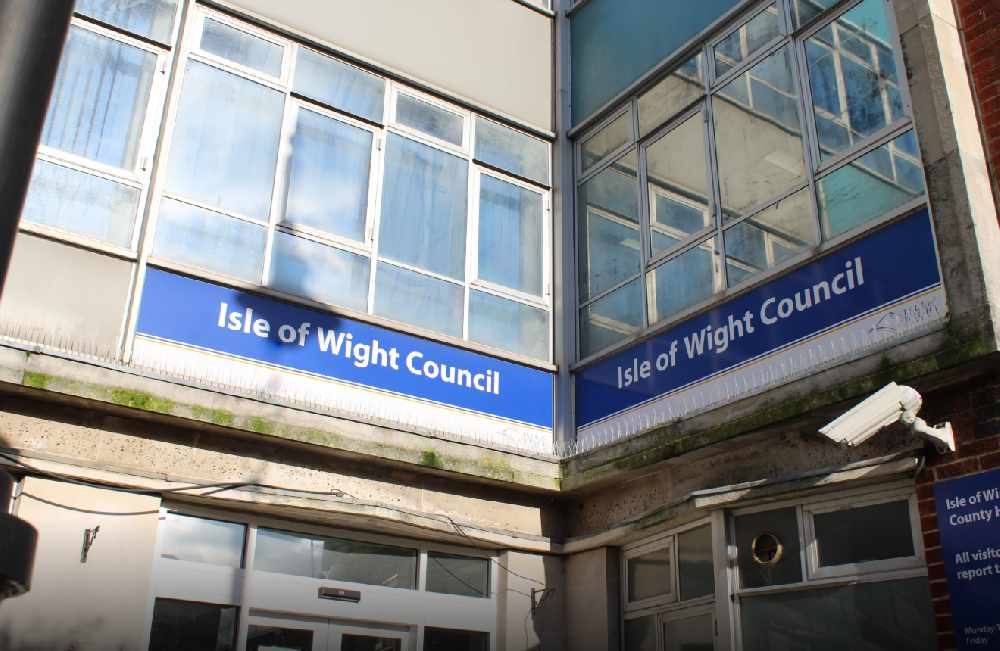 "Treated Shamefully": County Hall Watchdog Lashes Out At Cabinet
"Treated Shamefully": County Hall Watchdog Lashes Out At Cabinet
 Residents And Councillors Rally Against 20-Metre 'Eyesore' Telecoms Mast
Residents And Councillors Rally Against 20-Metre 'Eyesore' Telecoms Mast
 Unions To Hold Indicative Strike Ballots Over 'Potentially Catastrophic' School Closure Plans
Unions To Hold Indicative Strike Ballots Over 'Potentially Catastrophic' School Closure Plans
 Bob Back On The Job: Former MP Seely Returns To Politics With Freshwater Parish Council
Bob Back On The Job: Former MP Seely Returns To Politics With Freshwater Parish Council
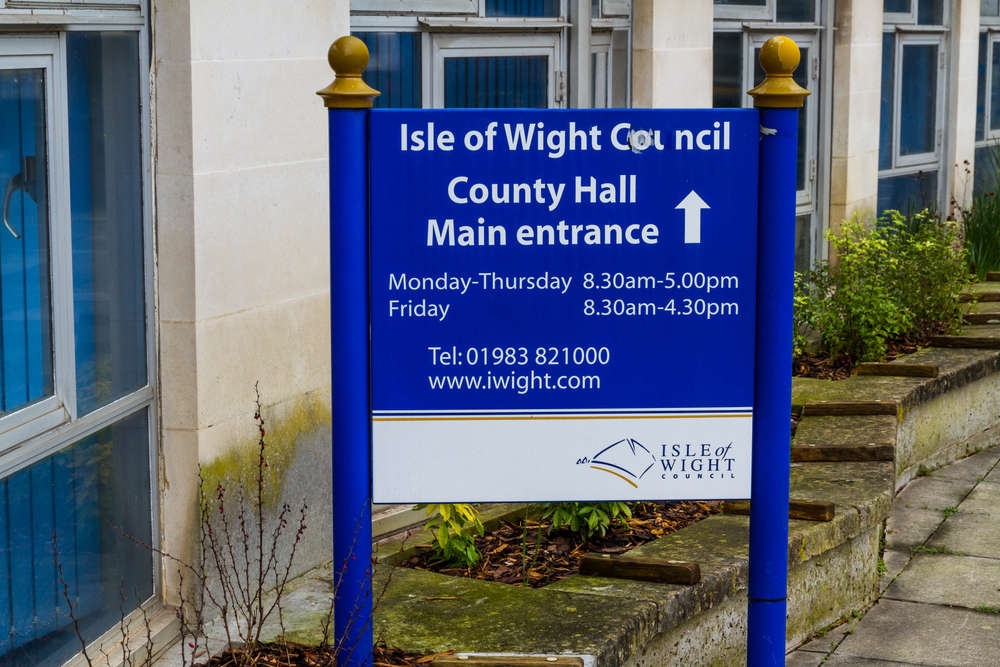 Major Investment To Transform Adelaide Care Home In Ryde
Major Investment To Transform Adelaide Care Home In Ryde
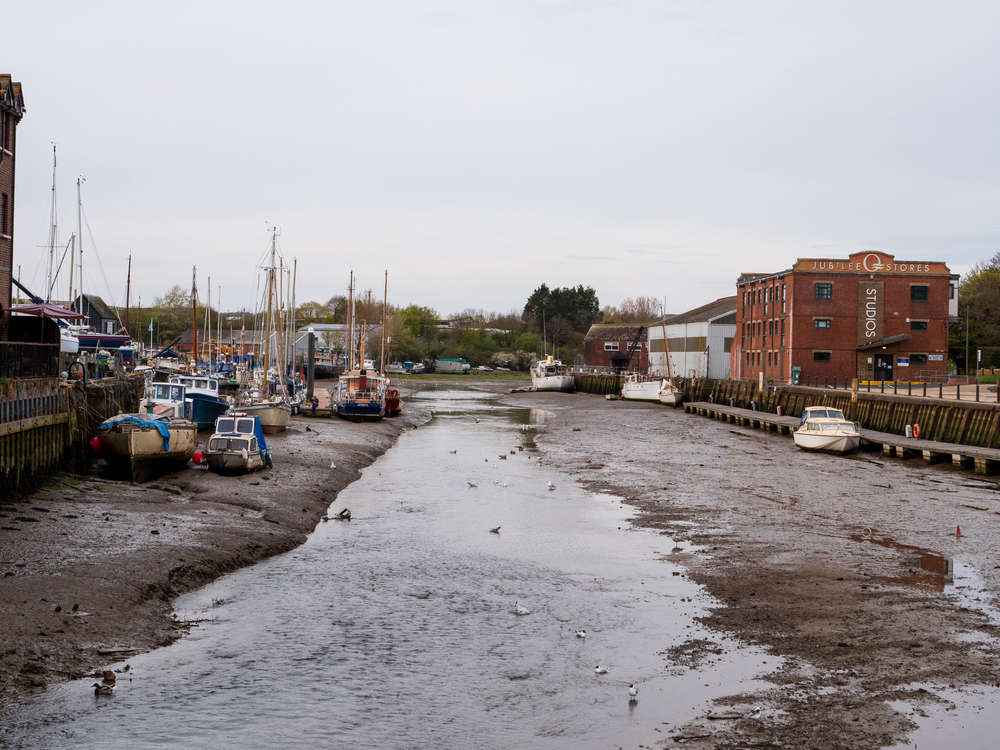 Call To Honour Island Heroes Of Dunkirk With Newport Harbour Memorial Cairn Given Green Light
Call To Honour Island Heroes Of Dunkirk With Newport Harbour Memorial Cairn Given Green Light
 MP Joe Robertson Hosts Round Table Discussion On Safer Phones
MP Joe Robertson Hosts Round Table Discussion On Safer Phones
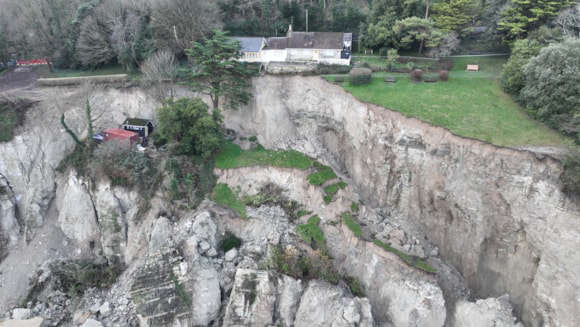 New Coordinator To Support Vulnerable Communities Affected By Landslides And Coastal Erosion
New Coordinator To Support Vulnerable Communities Affected By Landslides And Coastal Erosion
 Cowes Enterprise College Sixth Form Triumphs In Island-Wide Resilience Challenge
Cowes Enterprise College Sixth Form Triumphs In Island-Wide Resilience Challenge
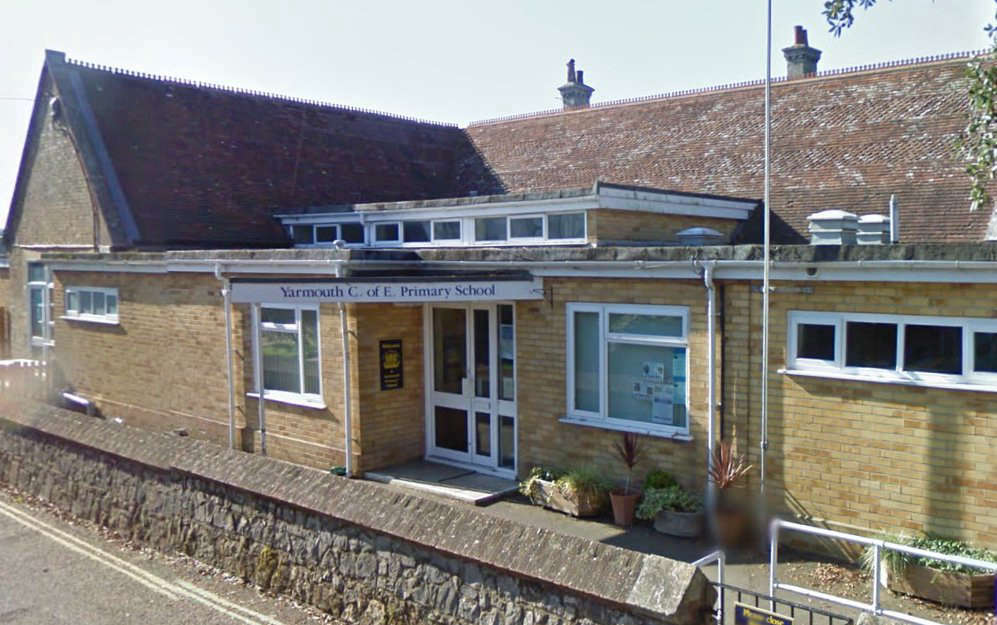 Sale Of Former Primary School Site To Charity Set To Go Ahead
Sale Of Former Primary School Site To Charity Set To Go Ahead
 Takeaway Outlet Experiencing 'Trading Problems' Could Be Converted Into Retail Store
Takeaway Outlet Experiencing 'Trading Problems' Could Be Converted Into Retail Store
 Popular Ryde Restaurant 'Crepe Lovers' Opens Second Island Eatery In Newport
Popular Ryde Restaurant 'Crepe Lovers' Opens Second Island Eatery In Newport
 Secondary School Offers Made To Island Children
Secondary School Offers Made To Island Children


